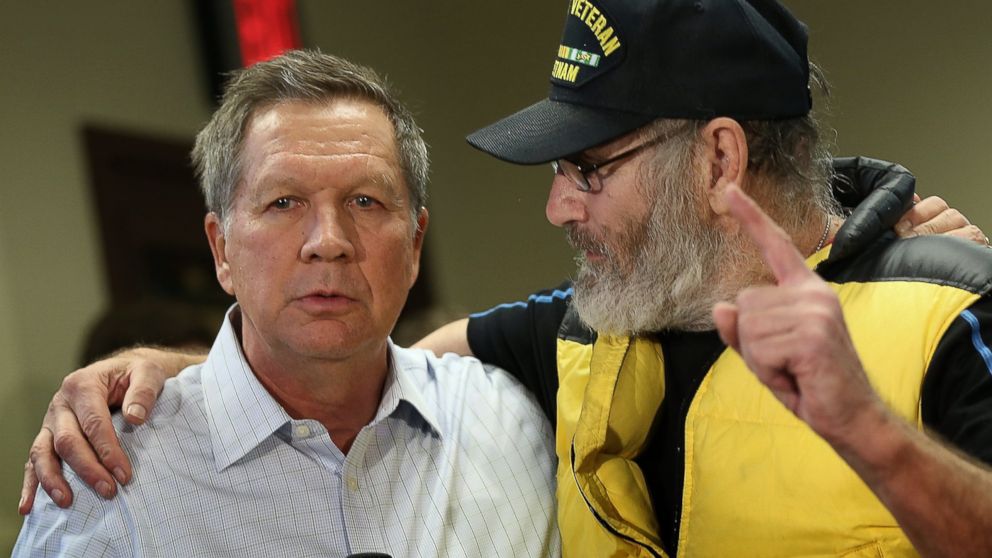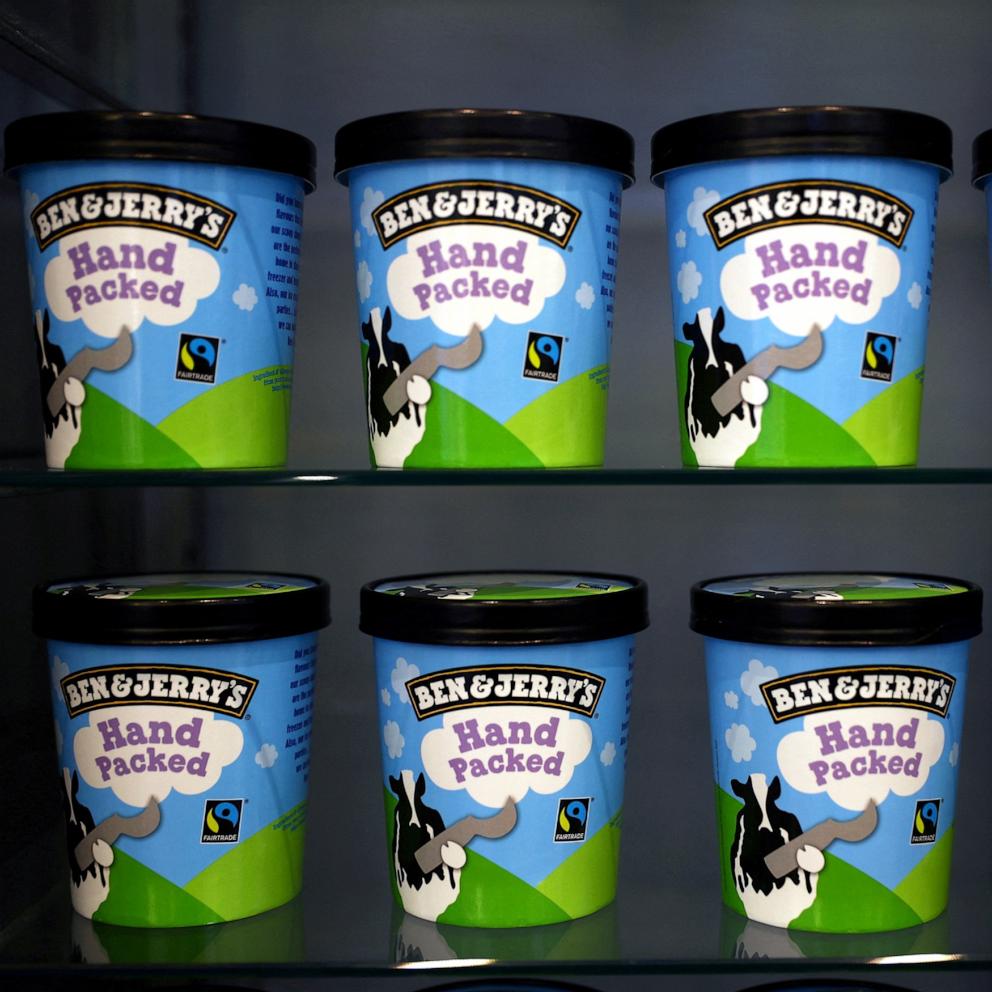4 in 10 GOP Voters Say They Could Change Their Minds in New Hampshire
— -- A large chunk of the New Hampshire electorate says they're still willing to change their allegiances -- just a day before the primary.
More than four in 10 likely Republican primary voters in New Hampshire say they still could change their minds before tomorrow’s primary, according to new polls out yesterday and today. A CNN/WMUR/UNH poll shows that less than half of likely Republican voters say they have “definitely decided” who they're going to vote for.
The GOP electorate is more fluid than the Democratic side. Roughly eight in 10 Democrats say that they have a firm choice in recent polling, with both candidates about equally firm in their support.
Donald Trump supporters also seem to be more firm in their choice. Even though 44 percent of likely Republican voters in New Hampshire say they could still change their choice in a UMass-Lowell poll out this morning, the same poll shows that three-quarters of Trump supporters have locked in their votes.
The real estate mogul still holds a commanding lead in most polls, leading the splintered field of other Republican candidates by up to 20 percentage points. Iowa caucus winner Ted Cruz and more moderate governors like Chris Christie, Jeb Bush and John Kasich trail in a race for second. Marco Rubio, who showed signs of a post-Iowa bounce earlier this week but has plateaued in recent days, is also battling for second place.
And on the Democratic side, opinions have shifted over the last week, according to UMass-Lowell polling in the state. Sanders led by as many as 33 percentage points earlier in the week, but that lead has dwindled to 16 points this morning.
But this isn’t unprecedented fluidity. In the 2012 election, 46 percent of GOP voters made their picks in the final three days – and two in 10 GOP voters didn’t actually make a final decision until Election Day. The votes of late deciders were more likely to boost Santorum and Huntsman than support Romney, as did earlier deciders.
This has been a changing dynamic over the past several election cycles in the state. In 2008, about four in 10 Republican voters made up their minds in the last three days, compared with only 26 percent in the 2000 primary in the Granite State.
These late-deciders also made a difference in Iowa, where a Quinnipiac poll found fewer – but still 28 percent – of Republican likely voters were willing to change their minds in the eleventh hour and give Ted Cruz a final boost to the top.




